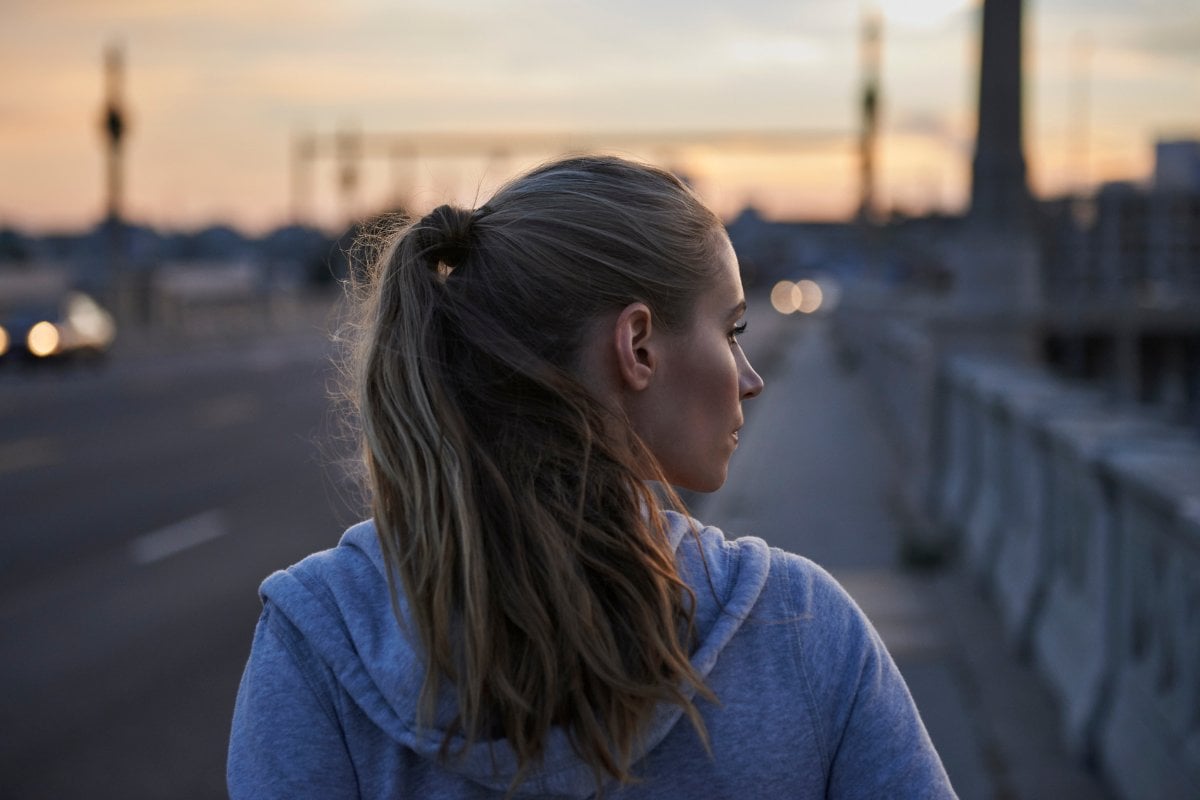
For almost a decade, I rose at 5am, every single day.
Like a soldier called to duty, I'd leap up at the sound of my alarm, make up my 'bunk', and reach for the neatly folded pile of gym gear I'd laid out the night before.
I'd dress, grab my backpack and my lunch - both packed the previous evening - and head out the door, often into darkness, into rain, sometimes just as the sun was rising. Whatever the weather, I was walking (or running) to the gym, where I'd lift heavy weights, then take a spin or HIIT class. Every single day.
Afterwards, I'd shower, dress, head to the office for a long, busy day, before walking the 3km home, and cooking a healthy dinner. By the time all the prep for the following morning was done, I'd have precisely one hour to watch TV or read, before I had to go to bed in order to get enough sleep to do it all over again the next day.
Watch: Some ways for a better night's sleep. Post continues below.
Sounds pretty joyless, doesn't it? Well, it didn't to me, not back then. It was essential for reasons that will soon become clear.
And actually, the military precision with which I lived my life, if you can really call it living, saw me through the first COVID lockdown with ease. Routine, rigidity and hyper-independence were key in surviving never-ending days of case numbers, vaccine rollouts and doomscrolling.




























































































